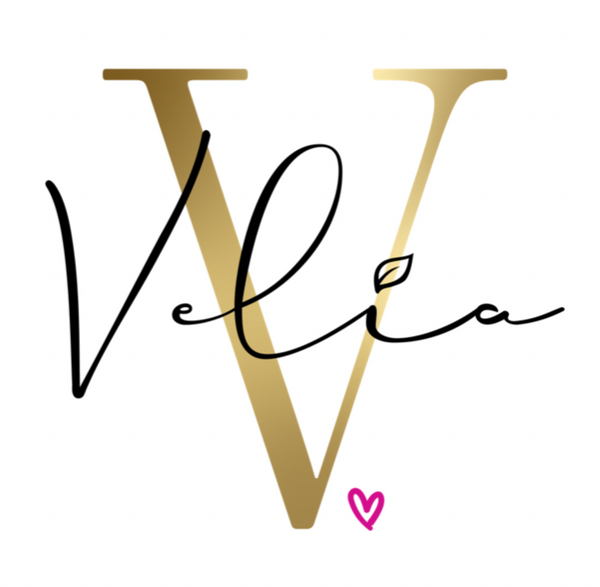
Real Talk: 10 Hair and Skincare Questions You’ve Definitely Asked
Share
Let’s be real: most of us have stood in front of the mirror and thought, “Why is my hair doing that?” or “Is this concealer actually helping?” That’s exactly why Velia and Monina dedicated an episode of the Beauty Lab Podcast to answer the most common hair and skin questions from their listeners. Here's everything you need to know in one go.
1. Flat Iron Curls: What You Need to Know
Curling your hair with a flat iron sounds like magic—but only if your tool has curved (beveled) edges. Start at the roots, clamp, rotate halfway, and gently glide down. Think of it like curling ribbon—smooth and steady wins the curl.
2. Can You Shrink Pores? Not Exactly.
The size of your pores is genetic, but you can minimize how large they look. Clean, unclogged pores appear smaller. The trick? Consistent exfoliation and skincare that keeps oil and buildup at bay.
3. DIY Bang Trims: Should You?
If you're trimming existing bangs, proceed with caution: use light tension, style first, and trim evenly or point-cut for a natural look. But if you're thinking of cutting bangs for the first time? Book a pro.
4. Do People with Deep Skin Tones Need SPF?
Yes—sunscreen is for everyone. Darker skin tones have natural melanin protection, but that doesn’t stop sun damage, aging, or UV-related skin issues. Daily SPF is essential, no matter your skin tone.
5. Why Is My Hair Thinning?
Hair falling out at the root can point to internal causes like hormones, diet, medication, or stress. If your hair is snapping off mid-strand, it might be heat damage or chemical overprocessing. Either way, it’s time to talk to both a stylist and a medical professional.
6. Sensitive or Acne-Prone? Yes, You Can Exfoliate
Gentle exfoliation is totally doable with sensitive or breakout-prone skin. Avoid scrubs or anything gritty. Instead, opt for enzyme-based formulas or salicylic acid to clean out pores without irritating the skin barrier.
7. Dealing with Dandruff? Here's What Works
Dandruff and dry scalp are not the same. Dandruff is caused by excess oil and yeast on the scalp, and needs an antifungal shampoo. Dry scalp, on the other hand, craves moisture. Don’t mix up your treatment—or you’ll make things worse.
Pro Tip: Velia has a free guide that can help!
8. Face Darker Than Your Neck? Here’s the Foundation Fix
Match your foundation to either your face or neck depending on your preferred finish—but always blend along your jawline for a seamless transition. Use any leftover product on your brush or sponge to soften the edges.
9. Want to Change Your Hair Color but Feel Lost?
Start by deciding if you want a subtle shift or a bold transformation. Then figure out whether warm or cool tones suit you best, how often you’re willing to maintain it, and what budget you have. Come prepared when you meet with your stylist.
10. How to Actually Cover Dark Circles
Dark circles aren’t just “black”—they’re usually purple or blue, and each requires a different concealer undertone. Purple? Use yellow-based concealer. Blue? Try peach or orange tones.
Pro Tip: Monina recommends this product.
TL;DR: Expert Beauty Advice That Hits Different
From flat iron fails to concealer confusion, these questions are ones we've all asked. The good news? You’ve now got the answers. Got a question you want featured in a future episode? Let us know—we’d love to hear from you.
